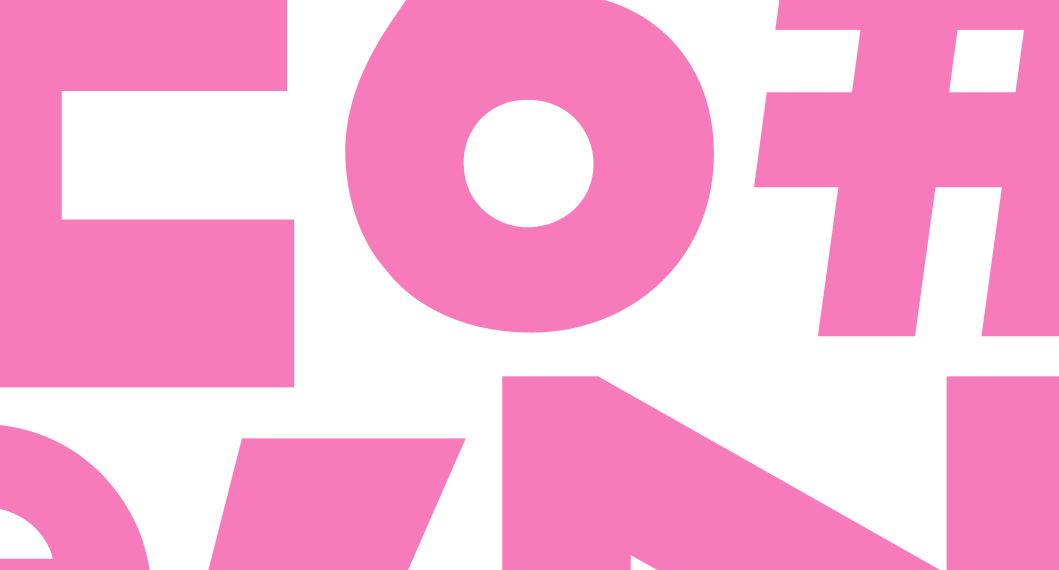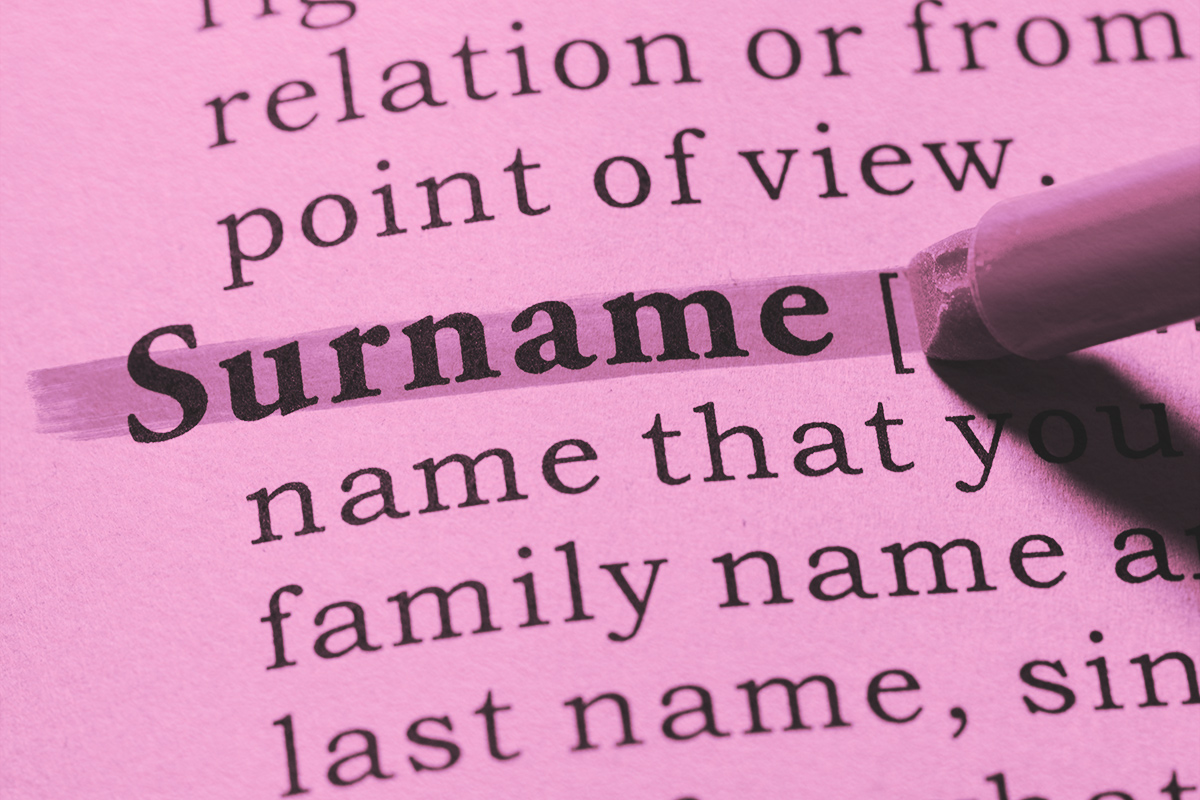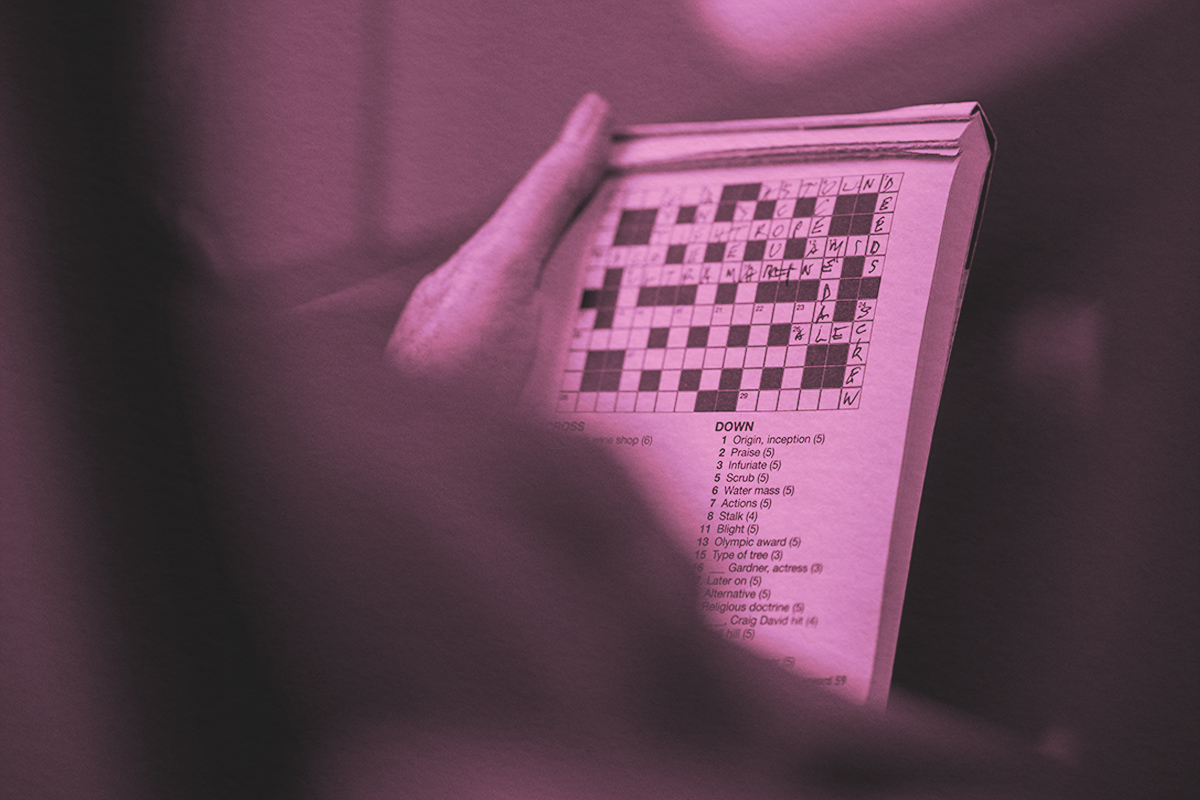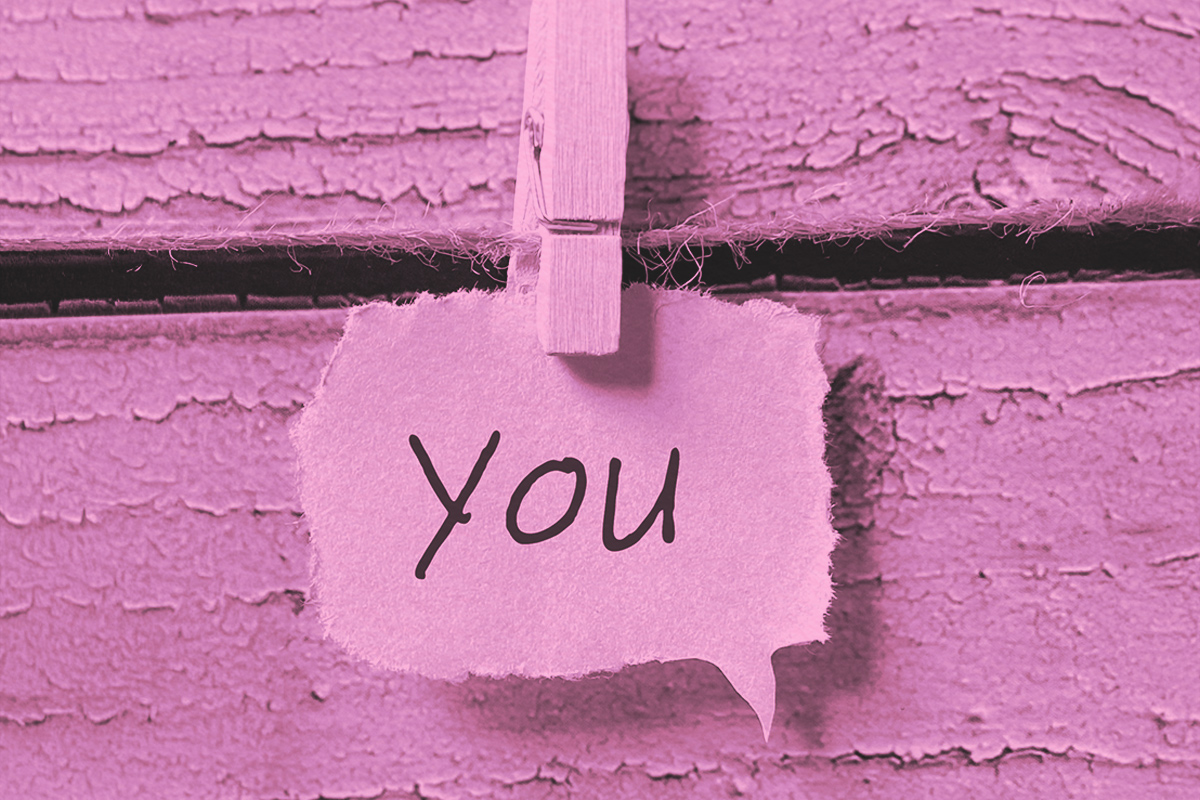The Hidden Stories Behind Your Last Name
Surnames (last names, or family names) have evolved across the globe over thousands of years, emerging in some cultures earlier than others. Evidence of this dates back to 2852 BCE in China, where, according to legend, the mythological emperor Fu Xi decreed that all citizens would adopt hereditary family names.
Thousands of years later, the 11th-century Norman Conquest helped popularize surnames in England. Today, nearly all cultures use surnames. And of the tens of millions of surnames worldwide, most fall into five broad categories: parental, occupational, locational, nickname, and decorative. Let's explore the history behind each. Parental surnames are derived...










